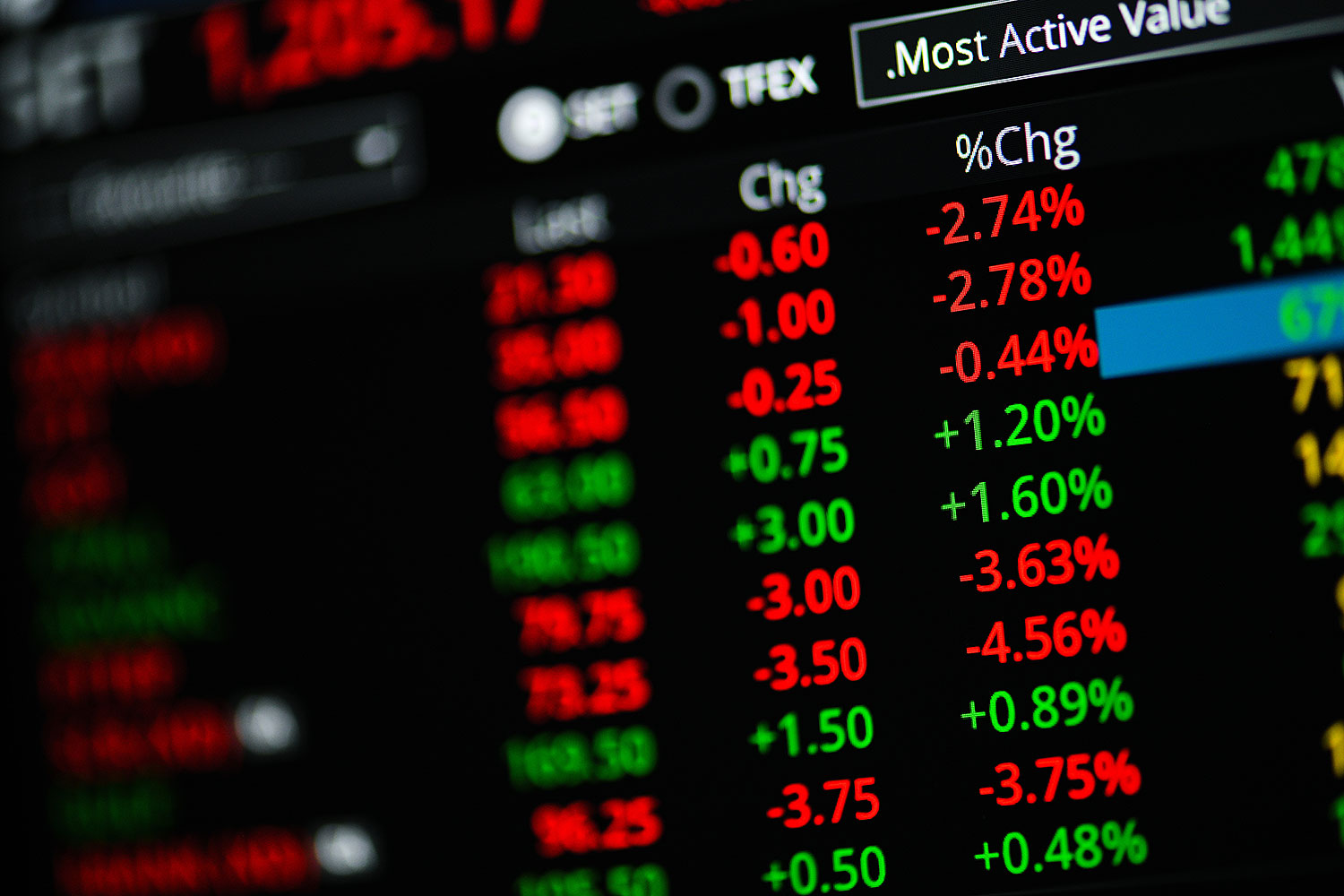Showing 1 - 9 of 9
How elections bring about a cycle of devaluation
Oped, Jeffrey Frankel, Published on 01/05/2024
» The proposition that major currency devaluations are more likely to come immediately after, rather than before, an election is being tested anew. In the biggest voting year in history, the implications could be far-reaching.
Is a global recession really coming up?
Oped, Jeffrey Frankel, Published on 19/01/2023
» The world's leading economists spent most of 2022 convincing themselves that, if the global economy was not already in a recession, it was about to fall into one. But with the year 2022 end, the global slump has been postponed to the present 2023.
The secret of the greenback's appreciation
News, Jeffrey Frankel, Published on 24/09/2022
» Despite rampant inflation and slowing growth, the US dollar keeps going from strength to strength. Since May last year, the greenback has risen by 28% against the yen and 20% against the pound. In addition, it has appreciated 19% against the euro, reaching parity for the first time since 2002.
Fighting the 'last inflation war' once again
Oped, Jeffrey Frankel, Published on 04/03/2022
» In 1955, then-US Federal Reserve chair William McChesney Martin famously said that the Fed's job was to take away the punch bowl "just when the party was really warming up", rather than waiting until the revellers were drunk and raucous. Decades later, in the aftermath of 1970s inflation, it became an article of faith among monetary policymakers that they should not wait until elevated inflation showed its face before reining in an overheating economy. Today, with inflation surging, they are developing a renewed appreciation for the punch-bowl metaphor.
The G20's coronavirus agenda
Oped, Jeffrey Frankel, Published on 27/08/2021
» Finance ministers, central bank governors, and political leaders are hard at work preparing for the 2021 G20 Heads of State and Government Summit in Rome on Oct 30-31. With the Covid-19 pandemic stretching well into its second year, the meeting will come at a time of heightened uncertainty about public health and the global economy. And though the mechanisms of international cooperation have been weakened by the pandemic and remain bruised by former US President Donald Trump's legacy, they are more important than ever.
The case against subsidising housing debt
Business, Jeffrey Frankel, Published on 31/05/2017
» At the end of the first quarter, according to the Federal Reserve Bank of New York, consumer debt in the United States for the first time exceeded its previous peak (in dollars), reached in the third quarter of 2008, just as the global financial crisis erupted. Although car loans and student debt have been rising especially rapidly, housing debt remains more than two-thirds of the $12.7-trillion total.
Obama leaves with higher rating than predecessors
News, Jeffrey Frankel, Published on 16/01/2017
» Any assessment of Barack Obama's eight-year US presidency should start at the beginning: His first inauguration, on Jan 20, 2009. The US economy was in free-fall: Financial markets had seized up, GDP was shrinking, and employment was plummeting, with some 800,000 jobs being lost each month. And two ill-conceived and badly executed foreign wars were under way.
The Blind Alley of Monetary Populism
Business, Jeffrey Frankel, Published on 14/11/2016
» In the US and elsewhere nowadays, populist politicians often claim that easy monetary policy is hurting ordinary workers, thereby exacerbating income inequality. But while inequality is a problem, raising interest rates is no way to address it.
China's Stock-Market Red Herring
Business, Jeffrey Frankel, Published on 01/02/2016
» With the Shanghai composite index down more than 40% since last June, investors worldwide are watching the decline with growing concern -- but not because they are invested in the plummeting market (China stocks are overwhelmingly held by Chinese). Rather, the fear is that plunging equity prices mean that China's economy is going down the tubes.






